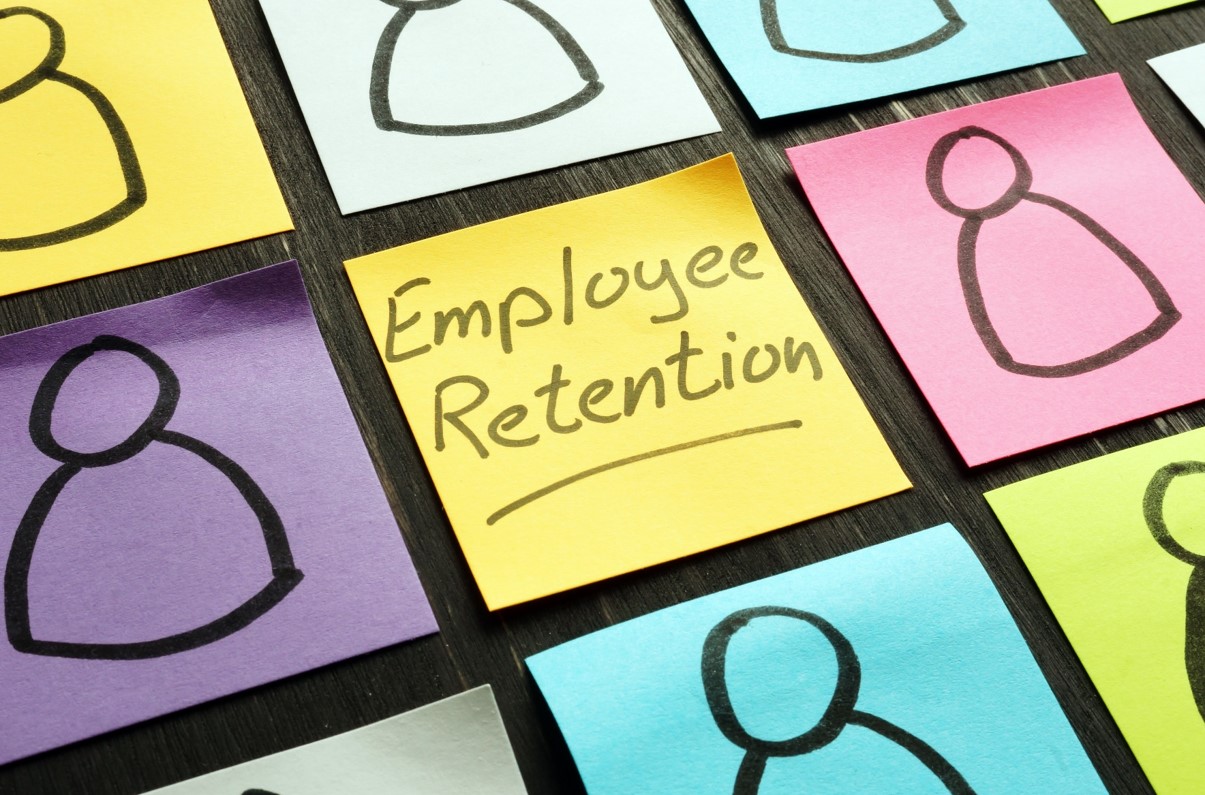The Coronavirus Job Retention Scheme closed on 30 September. Here's what you need to know if you need to make a final claim.
Updated 1 October 2021
Background
The Coronavirus Job Retention Scheme helped employers retain staff during the pandemic via a Government grant which covered a percentage of the wages for employees not working (and up to a capped limit). The Scheme closed on 30 September 2021.
Under the Scheme’s arrangements before it closed:
- Both flexible and full-time furloughing were allowed. Employees could be on any type of contract and employers were able to agree any working arrangements with employees. Employers could choose to top up employee wages above the Scheme grant at their own expense if they wished.
- Employers could claim the grant for the hours their employees were not working, calculated by reference to their usual hours worked in a claim period.
- When claiming the Job Retention Scheme grant for furloughed hours, employers had to report and claim for a minimum period of 7 consecutive calendar days. They also needed to report hours worked and the usual hours an employee would be expected to work in a claim period. For worked hours, employees were paid by their employer subject to their employment contract and employers were responsible for paying the tax and NICs due on those amounts.
- Agents, like accountants and tax advisers, were permitted to process claims on a client’s behalf.
- There was no requirement for employers to have previously furloughed employees they wanted to include in the Scheme.
The winding down of the Scheme
In the Chancellor’s Budget on 3 March 2021, it was announced that up to the end of June, the 80% government payment level was to be maintained (capped at £2,500 a month), with employers responsible for NICs and pension payments.
The government payment then dropped to 70% in July (up to a cap of £2,187.50). It dropped to 60% in August and September for employees’ usual wages up to a cap of £1,875. The Scheme then closed on 30 September.
Employers had to continue to pay their furloughed employees at least 80% of their usual wages for the hours they did not work during this time, up to a cap of £2,500 per month. This means, for periods between July and September, employers needed to fund the difference between this and the CJRS grants themselves. Employers could also top up wages above the 80% if they wished, but they were not required to do so.
Employers had to also continue to pay the associated Employer National Insurance contributions and pension contributions on subsidised furlough pay from their own funds.
Eligibility
The Job Retention Scheme was open to all employers with a UK bank account and UK PAYE schemes. Neither the employer nor the employee needed to have previously used the Scheme.
The Scheme was open to:
- businesses
- charities
- recruitment agencies (agency workers paid through PAYE)
- public authorities
Where a company was being taken under the management of an administrator, the administrator was able to access the Job Retention Scheme.
The Scheme was applicable to company directors. They too could be furloughed and still continue to perform their obligations as a statutory director (provided they didn’t provide any executive services to their employer). Salaried individuals who were directors of their own personal service company (PSC) could also benefit from the Scheme. This is expected to help freelancers, contractors etc who have a limited company. See more information here.
For periods from 1 May 2021 onwards, employers were able to claim for eligible employees who were on employers’ PAYE payrolls on 2 March 2021. This meant they must have made a PAYE Real Time Information (RTI) submission to HMRC between 20 March 2020 and 2 March 2021, notifying HMRC of the earnings for that employee.
Making a claim
Since 1 November 2020 claims had to be submitted by 11.59pm 14 calendar days after the month you’re claiming for. If this time falls on the weekend then claims should be submitted on the next working day. See this timetable published by the Government:
| Claim for furlough days in | Claim must have been submitted by: |
| November 2020 | 14 December 2020 |
| December 2020 | 14 January 2021 |
| January 2021 | 15 February 2021 |
| February 2021 | 15 March 2021 |
| March 2021 | 14 April 2021 |
| April 2021 | 14 May 2021 |
| May 2021 | 14 June 2021 |
| June 2021 | 14 July 2021 |
| July 2021 | 16 August 2021 |
| August 2021 | 14 September 2021 |
| September 2021 | 14 October 2021 |
For the latest information on the Scheme see here .
For information on how to claim, see here
Can we help?
Our specialist team have been helping employers successfully apply for the Coronavirus Job Retention Scheme grant. For help and guidance, please do get in touch with your usual Shipleys’ contact one of the team shown on this page.
Specific advice should be obtained before taking action, or refraining from taking action, in relation to this summary. If you would like advice or further information, please speak to your usual Shipleys contact.
Copyright © Shipleys LLP 2021













